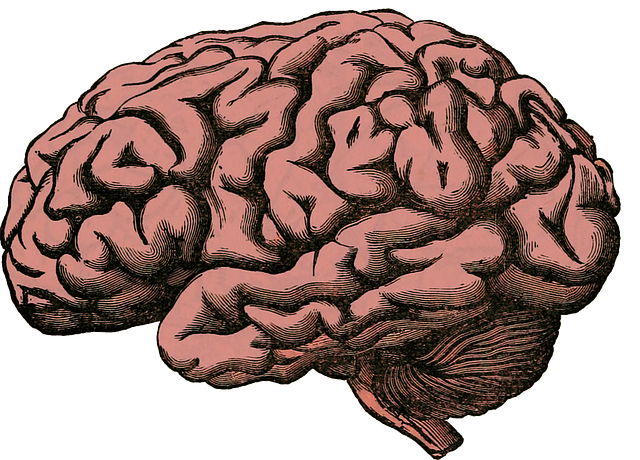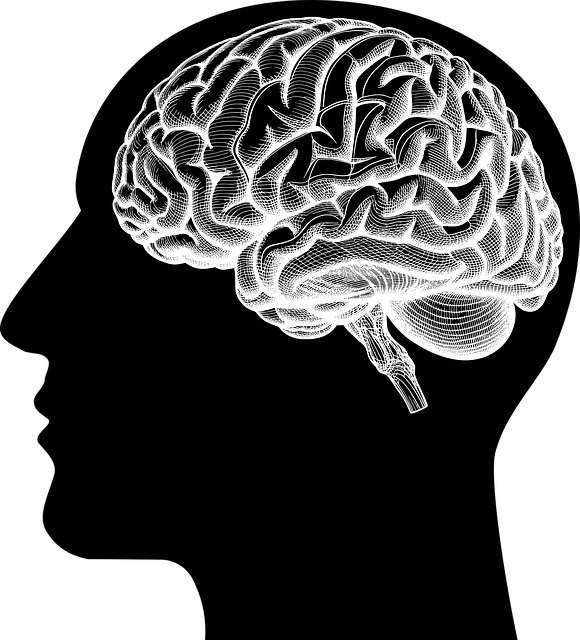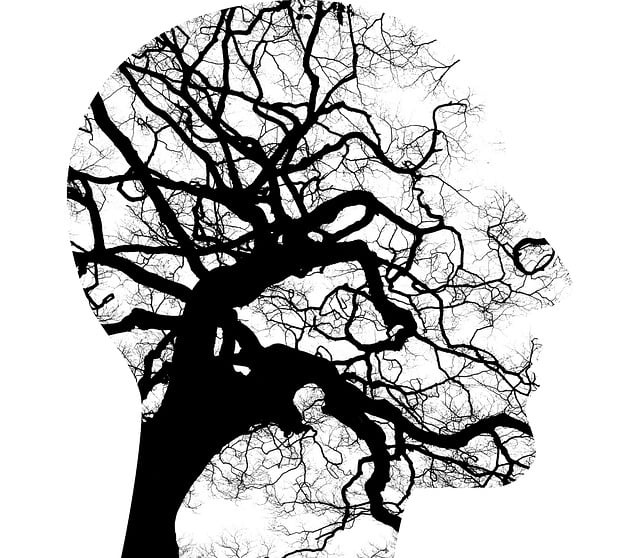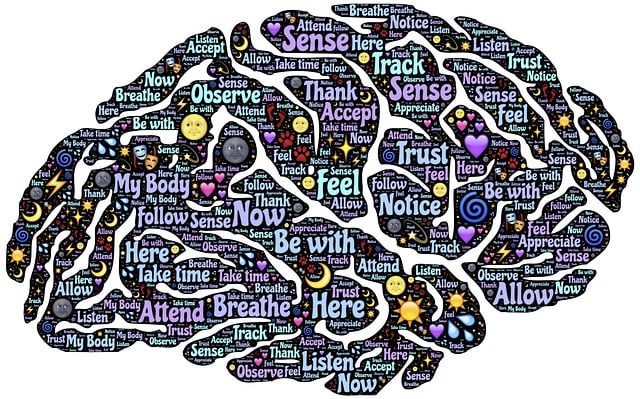RFM (Resilience, Flexibility, Mindfulness) in therapy for young children is a powerful approach focusing on building emotional resilience through self-awareness exercises and mindfulness practices. Biofeedback, a key tool aligned with RFM, teaches kids to control physiological responses to stress, enhancing self-awareness and emotional regulation. Mental health professionals tailor these exercises for individual needs, supporting children in managing challenges effectively while alleviating caregiver burnout. Integrating RFM and biofeedback techniques into daily routines helps strengthen the caregiver-child bond and fosters overall mental wellness.
Resilience is a vital skill for children to navigate life’s challenges. This article explores how RFM (Regulation, Focus, Motivation) exercises, coupled with biofeedback techniques, can significantly enhance young children’s resilience and emotional well-being. We delve into the science behind RFM and its impact on kids, providing practical tips for parents and caregivers to integrate these powerful tools into daily routines. Discover how biofeedback therapy can empower children to manage stress, improve focus, and foster a sense of self-control.
- Understanding RFM and Its Impact on Young Children
- Biofeedback Techniques for Resilience Building in Kids
- Implementing RFM Exercises: Tips for Parents and Caregivers
Understanding RFM and Its Impact on Young Children

Understanding RFM (Resilience, Flexibility, and Mindfulness) is crucial in the context of therapy for young children. This approach focuses on building resilience, helping kids cope with stress and adversity early in life. By integrating self-awareness exercises and mindfulness practices, RFM fosters emotional regulation skills that can significantly impact a child’s mental health and well-being. Young minds are highly adaptable, making it an opportune time to introduce techniques that promote flexibility in the face of challenges.
In the realm of therapy for young children, biofeedback is a valuable tool that aligns with RFM principles. This method teaches kids to gain control over certain bodily functions, enhancing their self-awareness and emotional regulation abilities. Risk assessment for mental health professionals plays a crucial role in tailoring these exercises to individual needs, ensuring each child receives the support they require to navigate life’s ups and downs effectively.
Biofeedback Techniques for Resilience Building in Kids

Biofeedback techniques have emerged as a powerful tool for resilience building in young children. These non-invasive methods allow kids to learn and control their physiological responses, such as heart rate and muscle tension, which are often indicators of stress or anxiety. By providing real-time feedback, biofeedback therapy empowers children to develop self-awareness and emotional regulation skills, making them more resilient in the face of challenges.
Incorporating biofeedback into therapy for young children offers a unique approach to burnout prevention strategies for healthcare providers. It helps kids manage stress management effectively, promoting mental well-being and enhancing their ability to cope with demanding situations. Through interactive sessions, children can learn to recognize their body’s signals, enabling them to take proactive measures in maintaining balance and preventing overwhelming emotions or physical symptoms that may arise from prolonged stress.
Implementing RFM Exercises: Tips for Parents and Caregivers

Implementing RFM (Resilience, Flexibility, and Mindfulness) exercises can be a powerful tool for parents and caregivers to support young children’s mental wellness. These practices, often coupled with therapy for young children, such as biofeedback, offer a structured approach to enhance resilience and emotional regulation. Start by incorporating simple mindfulness techniques into daily routines; this could be as easy as taking a few deep breaths together or engaging in quiet sensory play. For instance, guiding your child through a mental wellness journal entry after an exciting or challenging day can help them process emotions effectively.
In addition to RFM exercises, implementing communication strategies and empathy-building techniques will enrich the experience. Encourage open dialogue by creating a safe and non-judgmental environment where your child feels comfortable expressing their feelings. Regularly practicing these exercises at home not only strengthens the bond between caregiver and child but also equips them with valuable tools to navigate life’s ups and downs, fostering overall resilience.
Resilience is a vital skill for children to navigate life’s challenges, and using biofeedback techniques through RFM exercises can be a powerful tool in building this strength. By integrating these practices into daily routines, parents and caregivers can support young minds in developing emotional resilience, enhancing their ability to cope with stress and adversity. This holistic approach, combining understanding RFM and applying biofeedback, offers a promising method for fostering mental well-being in therapy for young children.










